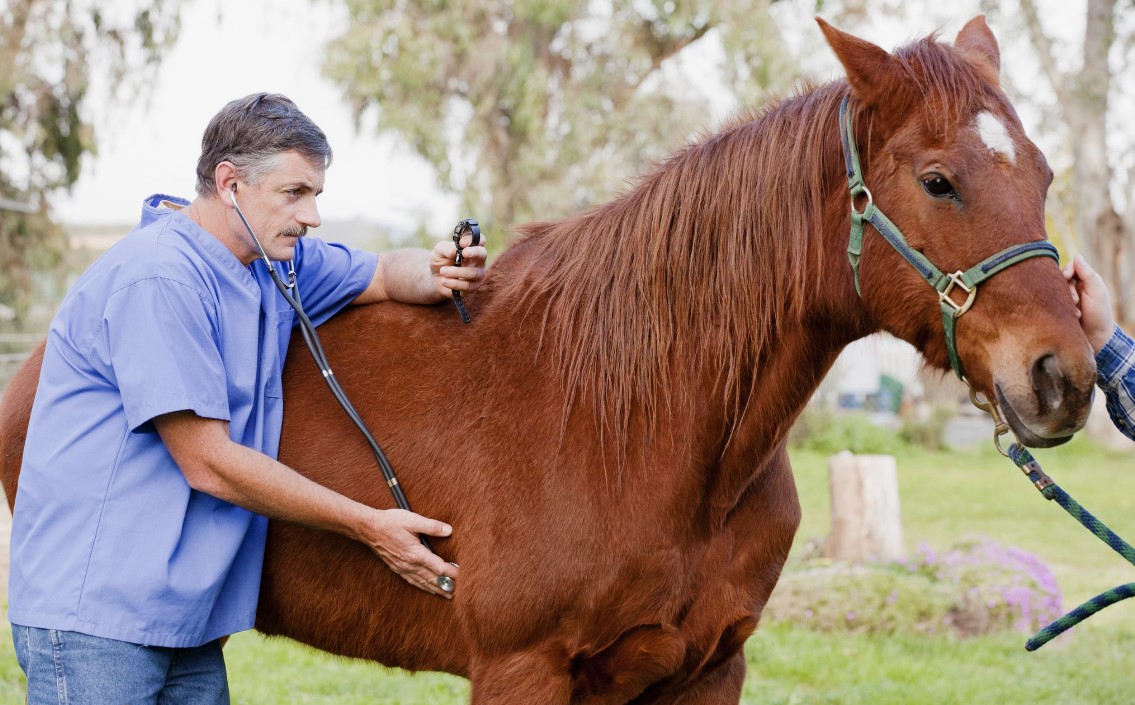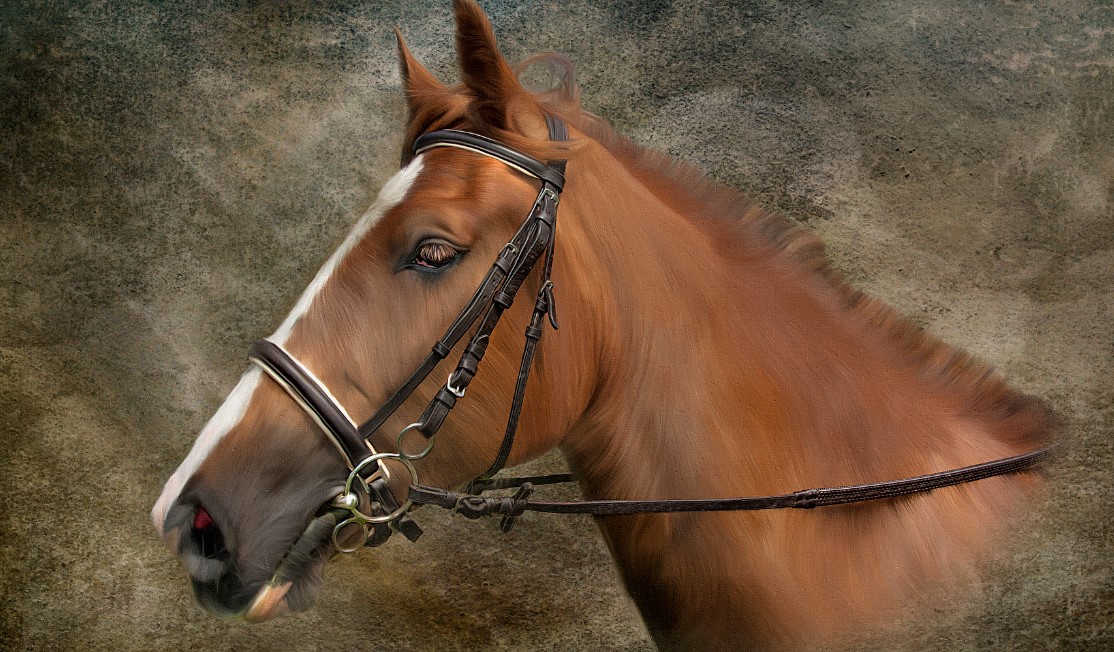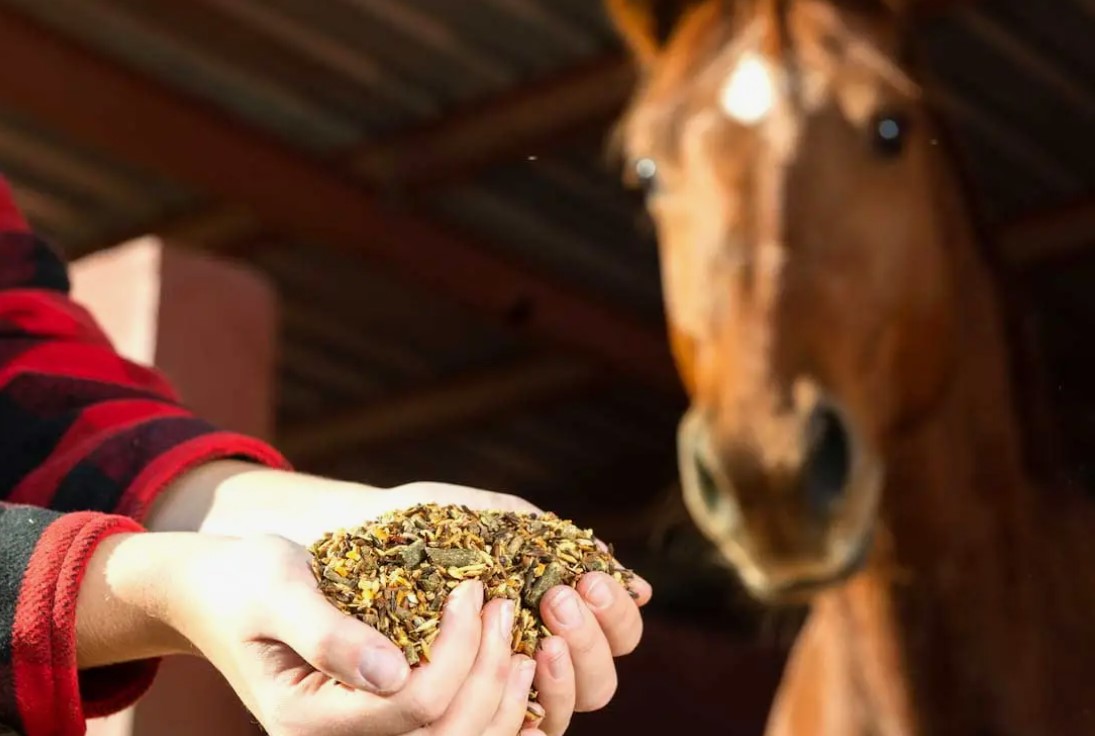In the dynamic environment of equine nutrition, understanding the specific needs of horses is crucial. This is especially true when it comes to essential nutrients like vitamin E and selenium. These nutrients play a critical role in maintaining equine health, particularly in regions with unique climatic conditions like Dubai and the UAE. The region’s hot and arid climate presents challenges that can significantly affect the dietary requirements of horses, making the proper supplementation of vitamin E and selenium an important aspect of their care. This article will delve into the impact of Dubai’s climate on the vitamin E and selenium needs of horses, providing insights into why these nutrients are vital and how they should be managed in such a demanding environment.
Understanding Vitamin E and Selenium: Their Role in Equine Health
Vitamin E is a potent antioxidant that protects cell membranes from oxidative damage, supporting muscle function, immune response, and neurological health in horses. Selenium, another essential nutrient, works in tandem with vitamin E to combat oxidative stress. It is a key component of the enzyme glutathione peroxidase, which helps neutralize harmful free radicals in the body. A deficiency in either nutrient can lead to serious health issues such as muscle disorders, impaired immune function, and in severe cases, equine motor neuron disease or white muscle disease.
In regions like Dubai, where the climate is characterized by high temperatures and low humidity, the need for these nutrients becomes even more pronounced. The unique environmental conditions influence how horses metabolize and utilize these nutrients, thus altering their dietary requirements.
The Impact of Dubai’s Climate on Vitamin E Requirements
Dubai’s climate is predominantly hot and dry, with summer temperatures often exceeding 40°C (104°F). This extreme heat increases oxidative stress in horses, leading to higher requirements for antioxidants like vitamin E. Horses in such environments are more prone to oxidative damage due to increased metabolic activity and environmental stressors, which can accelerate the depletion of vitamin E reserves in the body.
Additionally, the availability of natural sources of vitamin E, such as fresh forage, is limited in Dubai’s arid climate. Most horses in the region rely on hay and other processed feeds, which typically contain lower levels of vitamin E compared to fresh pasture. This makes supplementation essential to meet the daily requirements of horses, particularly those engaged in strenuous activities like racing or endurance riding, which are popular in the UAE.

The Role of Selenium in Combating Climate-Induced Stress
Selenium is crucial for maintaining immune function and protecting cells from oxidative damage, a concern heightened by Dubai’s harsh climate. The intense heat and increased sun exposure can exacerbate oxidative stress, making adequate selenium intake vital for horses in the region. However, the balance is delicate; both deficiency and excess of selenium can be harmful. Selenium toxicity, also known as selenosis, can occur if horses consume too much, leading to symptoms like hair loss, hoof sloughing, and in severe cases, death.
In Dubai and the UAE, where soils are typically low in selenium, natural forage often lacks sufficient selenium levels, necessitating careful supplementation. It’s important for horse owners to work with veterinarians to determine the appropriate selenium levels based on their horse’s diet and environmental exposure, ensuring that they avoid both deficiency and toxicity.
Adjusting Supplementation Strategies in Response to Climate
Given the unique challenges posed by Dubai’s climate, it’s essential to adopt a tailored approach to vitamin E and selenium supplementation. Horses in Dubai may require higher levels of vitamin E to counteract the increased oxidative stress caused by high temperatures and intense sunlight. This is particularly important for performance horses, which experience elevated metabolic rates and are more susceptible to oxidative damage.
Supplementation strategies should consider the type of feed and forage available, the level of physical activity, and the individual health status of each horse. For example, Eurovets offers a range of high-quality supplements designed to meet the specific needs of horses in the UAE, ensuring they receive the optimal balance of nutrients necessary for maintaining health and performance in a challenging climate.
Monitoring and Adjusting Supplementation Levels
Regular monitoring of vitamin E and selenium levels is critical for horses in Dubai. Blood tests can help determine whether a horse is receiving adequate amounts of these nutrients, allowing for timely adjustments to their diet or supplementation regimen. This proactive approach is essential in preventing both deficiencies and toxicities, which can have severe consequences for equine health.
Moreover, it’s important to consider the seasonal variations in Dubai’s climate when adjusting supplementation levels. During the cooler months, horses may not require as much vitamin E and selenium as they do in the peak of summer when the oxidative stress is greatest. Regular consultation with a veterinarian can help ensure that supplementation levels are adjusted appropriately throughout the year.
The Broader Implications for Equine Health Management in Dubai
The impact of climate on vitamin E and selenium requirements underscores the broader challenges of equine health management in Dubai. The extreme environment necessitates a comprehensive approach to horse care, where nutrition, hydration, and environmental management all play critical roles. Horse owners and caretakers must be vigilant in ensuring that all aspects of equine health are addressed, with a particular focus on the unique nutritional needs imposed by the local climate.
This also highlights the importance of sourcing high-quality feeds and supplements that are specifically formulated to meet the needs of horses in hot, arid climates. Products that are designed with the local conditions in mind can help mitigate the effects of the environment on equine health, ensuring that horses in Dubai receive the care they need to thrive.

Conclusion
Dubai’s climate presents unique challenges for maintaining optimal vitamin E and selenium levels in horses. The extreme heat and arid conditions increase oxidative stress, making these nutrients essential for equine health. Horse owners in the UAE must adopt a proactive approach to supplementation, carefully monitoring and adjusting levels based on environmental conditions and individual horse needs. By understanding the specific impacts of climate on nutrient requirements, and utilizing high-quality supplements like those offered by Eurovets, caretakers can ensure that their horses remain healthy and perform at their best, even in the most challenging conditions.
This detailed approach to equine nutrition not only supports the well-being of horses in Dubai but also reflects the broader need for specialized care in regions with extreme climates. By prioritizing the health of their horses through informed supplementation practices, owners and caretakers can mitigate the risks posed by the environment and promote long-term health and performance.

Football fan, shiba-inu lover, DJ, hand letterer and identity designer. Operating at the fulcrum of modernism and elegance to craft experiences that go beyond design. Let’s chat.
